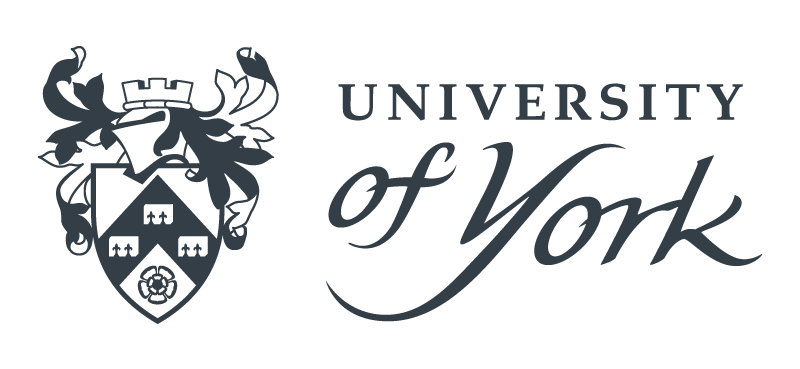“Praising what is lost makes the remembrance dear”
- William Shakespeare, All's Well that Ends Well Act 5, Scene 3.
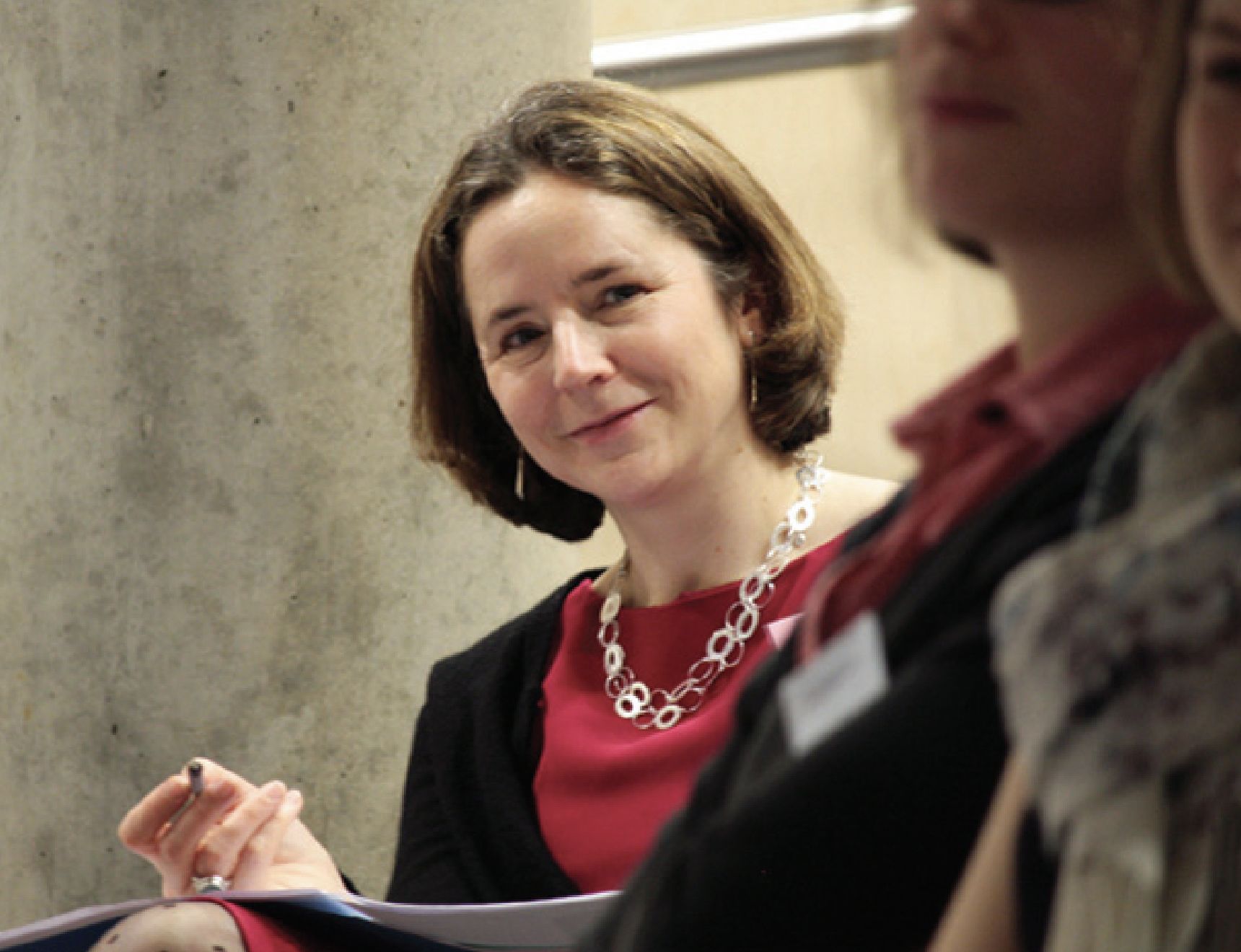
This edition of the Legacy Newsletter is slightly different from ones you may have received in the past.
This newsletter explores the legacy of Professor Jane Moody, who sadly passed away from breast cancer in 2011. From the origins of the Humanities Research Centre, to inspiring the local community through the York Festival of Ideas, and the prize-winning scholarships named in her memory.
Also, if you haven’t been back to campus for a few years, then I hope these stories will give you the chance to reconnect with recent changes and growth at the University of York.
Founding the Humanities Research Centre
I spoke to Emeritus Professor John Local in the Department of Language and Linguistic Science about working with Jane in the foundational years of the HRC. John worked closely with Jane in the late 2000s and he told me about the history and motivation behind creating an iconic new space on the University of York campus.
The centre was first floated by senior academics and taken up by Professor Felicity Riddy, a Heslington Circle member and previous Deputy Vice-Chancellor of the University from 2002-2007. The plan was to create a signature building for the Arts and Humanities, to equal the existing buildings for STEM subjects. The new independent space would recognise the Arts and Humanities, fostering a sense of value within the larger context of the University.
The Humanities Research Centre became Jane’s vision and she was full of fresh and original ideas on how to make it happen. She wanted to construct a dynamic space for academics and post-graduates from across the humanities, to collaborate through research and in conferences. The building would not have closed and self-contained offices, but take on a “tree-house” design to encourage unexpected interactions and ideas. Both John and Jane worked closely with the architects to give life to their ideas. John described Jane as extremely hands-on, with her passion for the project and involvement continuing after she received a terminal diagnosis. She created the kind of environment that postgraduates want to work in and scholars love to visit. Part of Jane’s legacy continues within this building and as John beautifully described, “every aspect of her [Jane’s] personality informed the building and the activities going on inside.”
‘Democracy needs the humanities.' - Martha Nussbaum.
[One of Jane’s favourite quotes, and used around the HRC, with Nussbaum’s blessing].
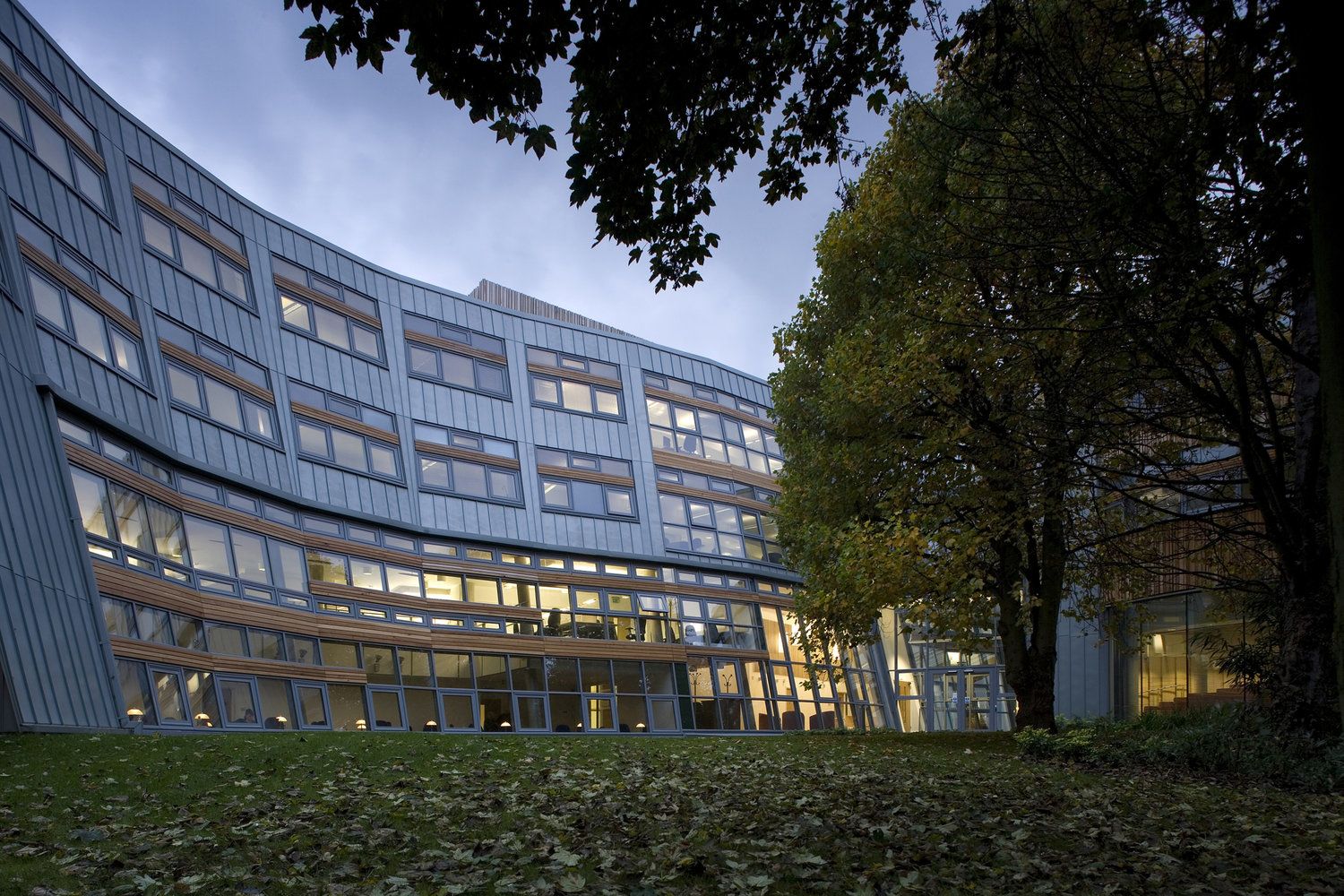
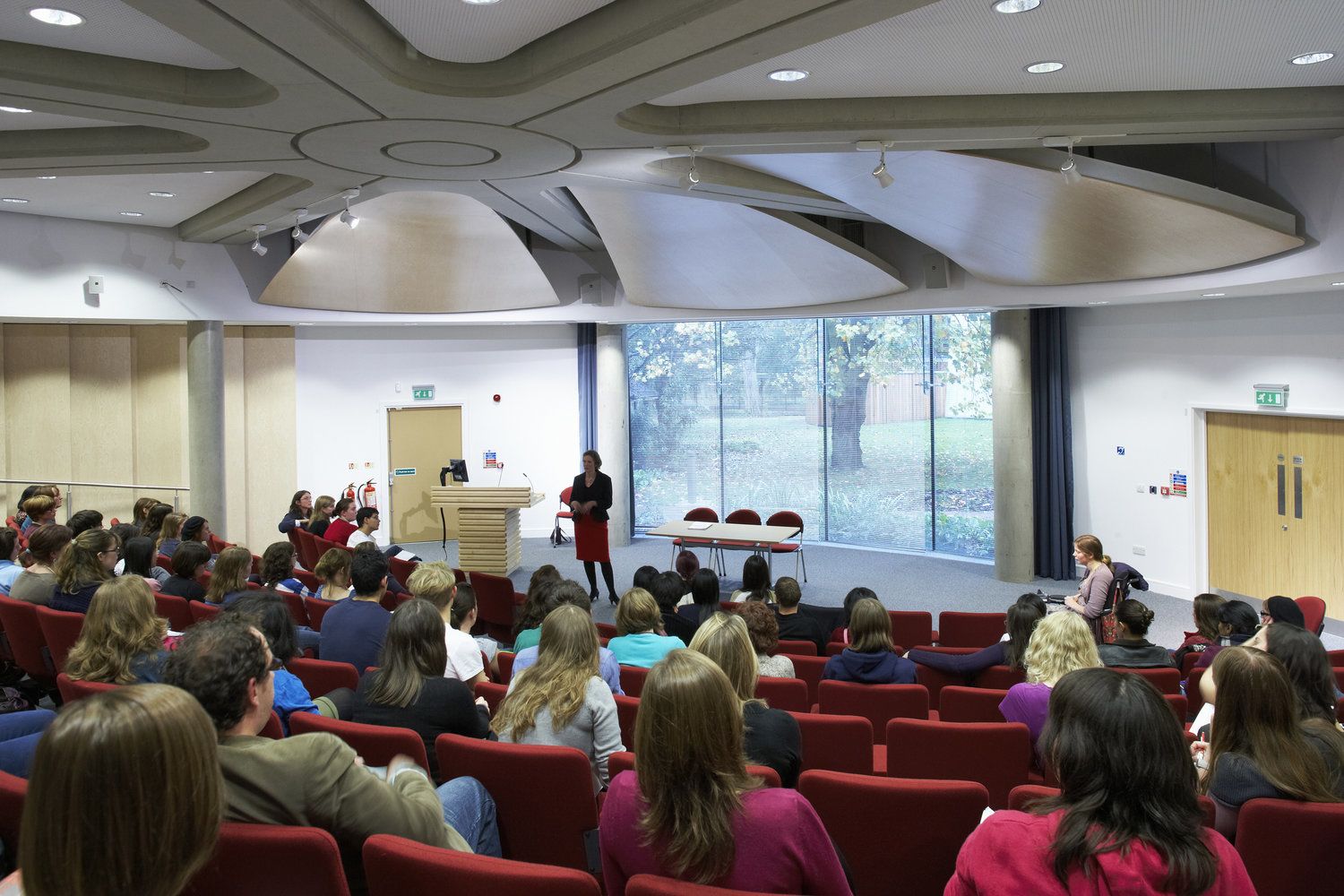
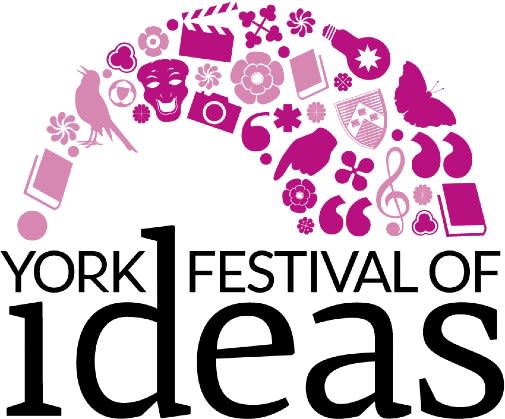
The early years of the HRC
When the building opened in 2009 Jane was appointed as Director. Her next project was working closely with Joan Concannon [Director of External Relations] on the first stages of the York Festival of Ideas.
This cultural festival spans the University campus and the city centre in its aim to educate, entertain and inspire. In its most recent run, the festival explored The Next Chapter giving a platform to oscar-winners, best-selling authors, and top academics. You can catch up on many of the talks via the youtube channel here. The far-reaching success of the Festival today stems from the foundations worked on by Joan and Jane.
Jane believed in the public value of humanities research. That a University can, and must, contribute to the place in which it is located, not just economically, but socially and culturally. The Festival of Ideas is a great example of how this can take place.
Jane had a winning way of getting academics onside, she inspired them to share their knowledge in interesting and engaging ways. John summed up working with Jane through these words: “she was a beacon of generosity and drive.”
Subsequent directors of the HRC have carried on Jane’s spirit. They are exploring new ways to involve both local and international communities in their conversations and research, as well as supporting young academics. I spoke to Professor Richard Ogden, the current Director of the Humanities Research Centre, who described the ways Jane’s spirit has been carried forward by the work of the HRC and The Jane Moody Scholarships.
The Jane Moody Scholarships
Friends, colleagues and family came together in Jane’s memory to set up the Jane Moody Scholarship. The scholarship continued Jane’s passion for interdisciplinary work in the HRC by enabling the scholars to discuss their ideas with people from different backgrounds. The basic remit was to create a project accessible to all - essentially bridging the gap between academia and the wider community by communicating their research in ‘plain English.’
In 2020-21, the following projects were explored:
- Joanne Harris collaborated with Leeds Local & Family History Library and Leeds Museums & Galleries to design and run five public workshops with the library’s local history collection. These workshops rediscovered the Burmantofts and Sheepscar neighbourhoods, which were demolished in the slum clearance of the 1950-60s.
- Rachel Feldberg worked in close collaboration with the Rowntree Society and the Borthwick Institute for Archives, to create a series of innovative, digital performances, inspired by real-life interviews with ordinary people in post-war Britain. You can watch a selection of her work here.
- Janet Remmington shone a public spotlight on the acclaimed, now largely forgotten, British-South African writer Noni Jabavu (1919-2008). The project brought to life part of York’s little-known black history, while exploring questions of identity and belonging in a life (and world) on the move.
Janet shared the impact of the scholarship and the importance of this opportunity to focus on a different kind of research:
“The scholarship, for which I am enormously thankful, enabled me to focus on little-known dimensions of Noni Jabavu’s life and work with special relevance for public engagement in the York context and well beyond … the project has demonstrated to me the virtuous circle around research, collaboration, and public engagement in surfacing knowledge, exchanging ideas and insights between communities, enabling new lines of inquiry, enriching partnership and communication skills, and curating resources for use far and wide.”
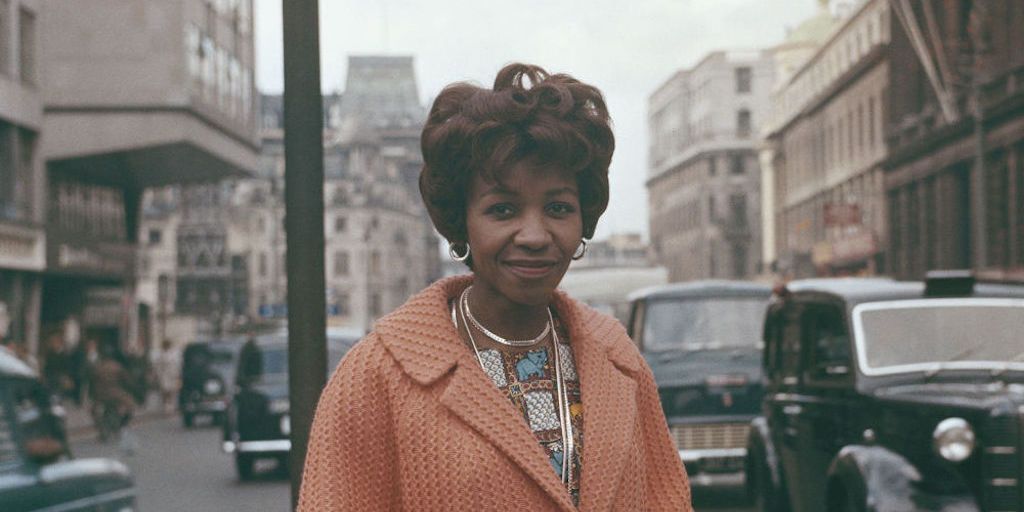
The scholarship is awarded at a precarious time in a young academic’s career, near the end of a PhD when their future is unstable. It offers a unique and important opportunity for a PhD student to do something different with their research. It is crucial for further advancement.
You can support this scholarship, and continue Jane’s legacy in helping young York academics to share their research and engage with the community.
Follow the link to support Jane’s memory and future scholars today:
These projects have already enriched the local Yorkshire community with new histories and stories. Despite the scholarship holders only being funded for a few weeks to research their themes. The Jane Moody Scholarship could be expanded to provide funding for a year-long project.
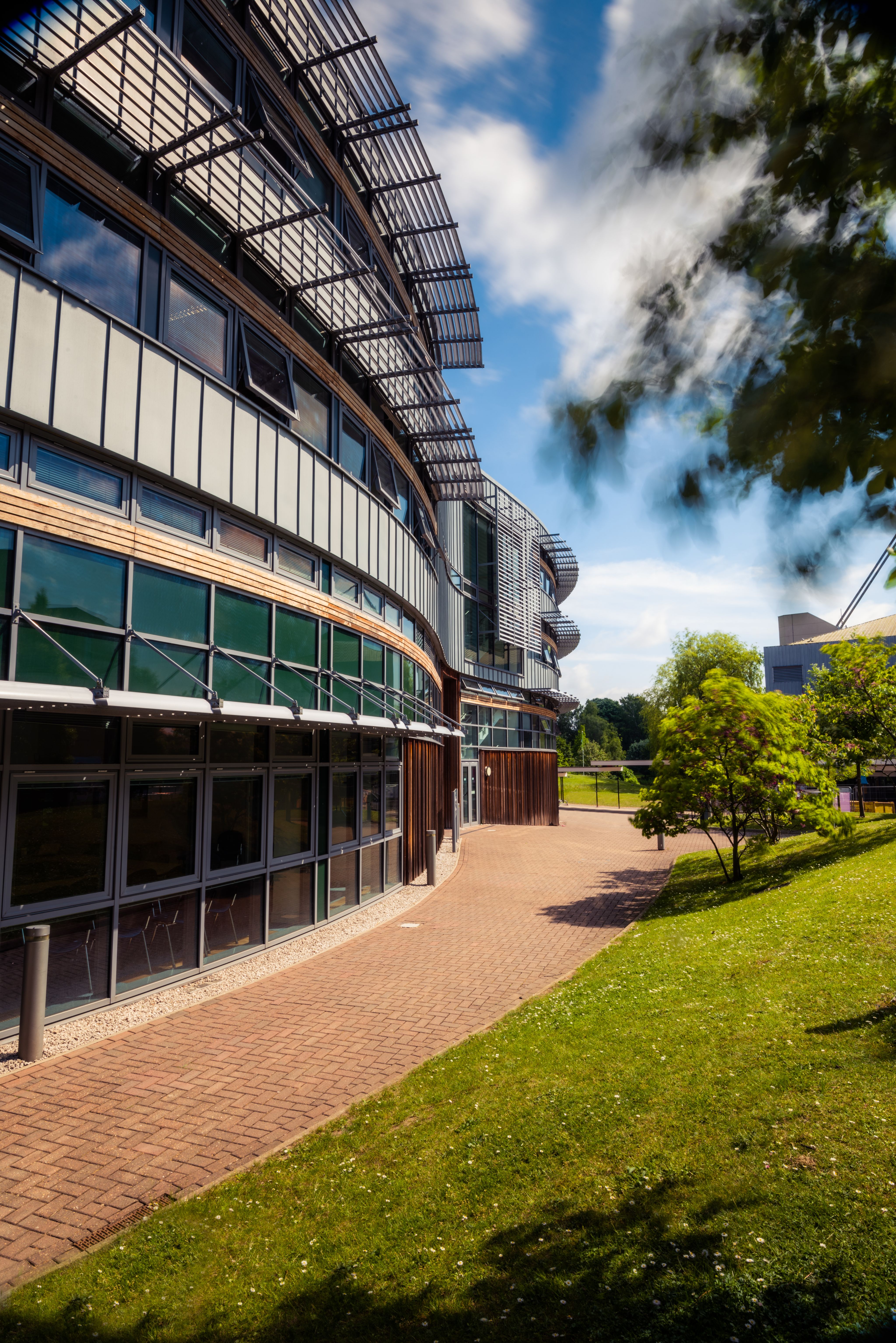
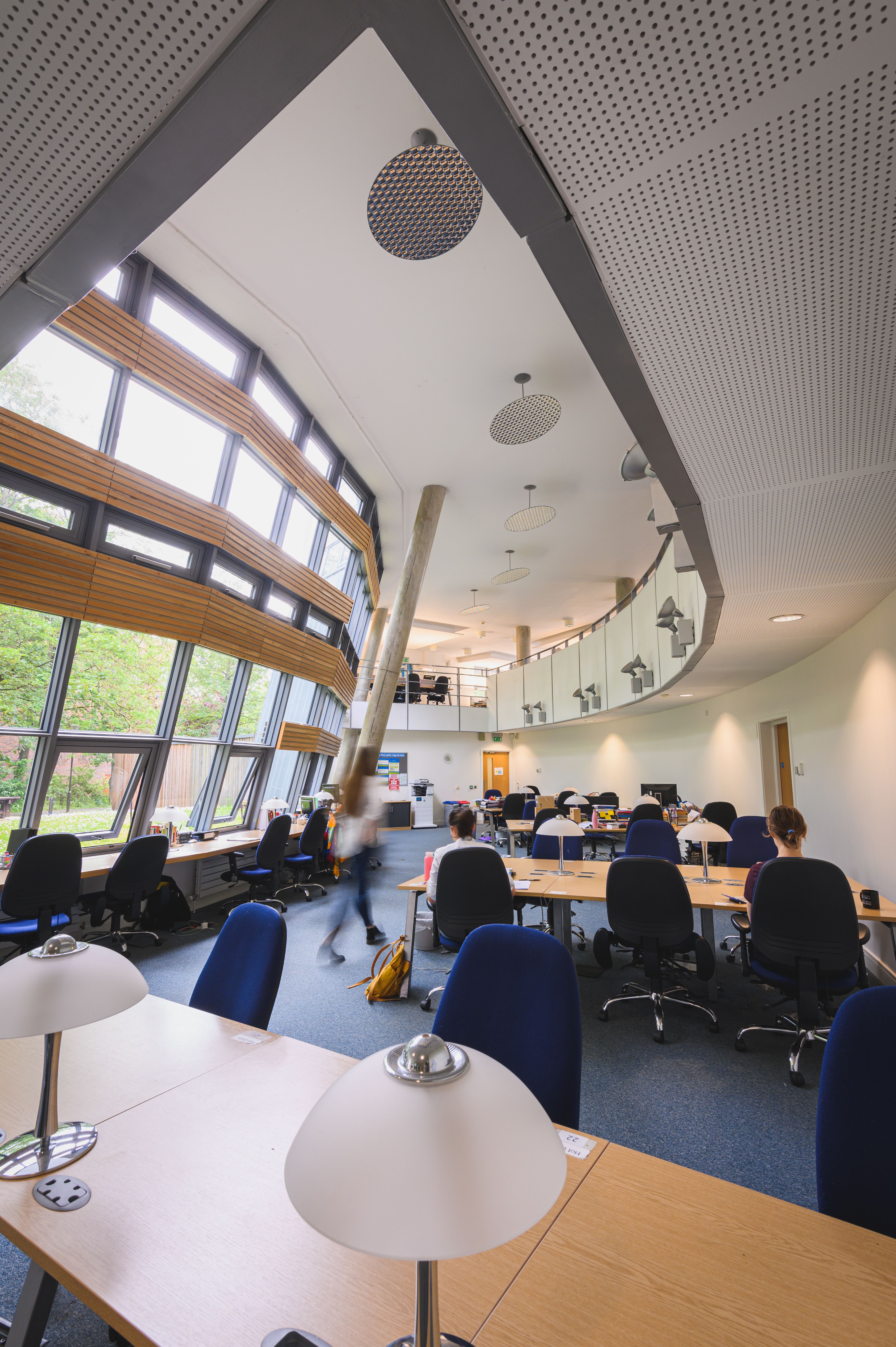
The Humanities Research Centre: Present and Future
Cross-disciplinary
The HRC celebrated its 10 year anniversary in 2019/20, and the current director Professor Richard Ogden is now looking forward to what the next 10 years will bring. He said that the major difference from the origins of the HRC to today, is an expansion from inter-disciplinary research to cross-disciplinary research. The centre is looking to build up its relationships across departments including computer science, psychology and the physical sciences. The physical space of the centre is also changing to become a central meeting point for all ideas from across campus. The environment will embrace digital tech and creativity, to create a more playful space to interact in.
Diversifying research
The Centre has also been diversifying its research with a particular focus on decolonisation.
One particular project is Pantheons: Sculpture at St Paul’s Cathedral, c.1796-1916, by the History of Art department collaborating with St Paul’s Cathedral.
The project explores the Catherdal’s monuments to understand the precise role the pantheon played in British, European and Imperial history, and art history, in the long 19th nineteenth century. Thus enabling scholars and the public, for the first time, to investigate, conceptualise, and visualise the pantheon across time and space.
Read on here: https://pantheons-st-pauls.york.ac.uk/about/
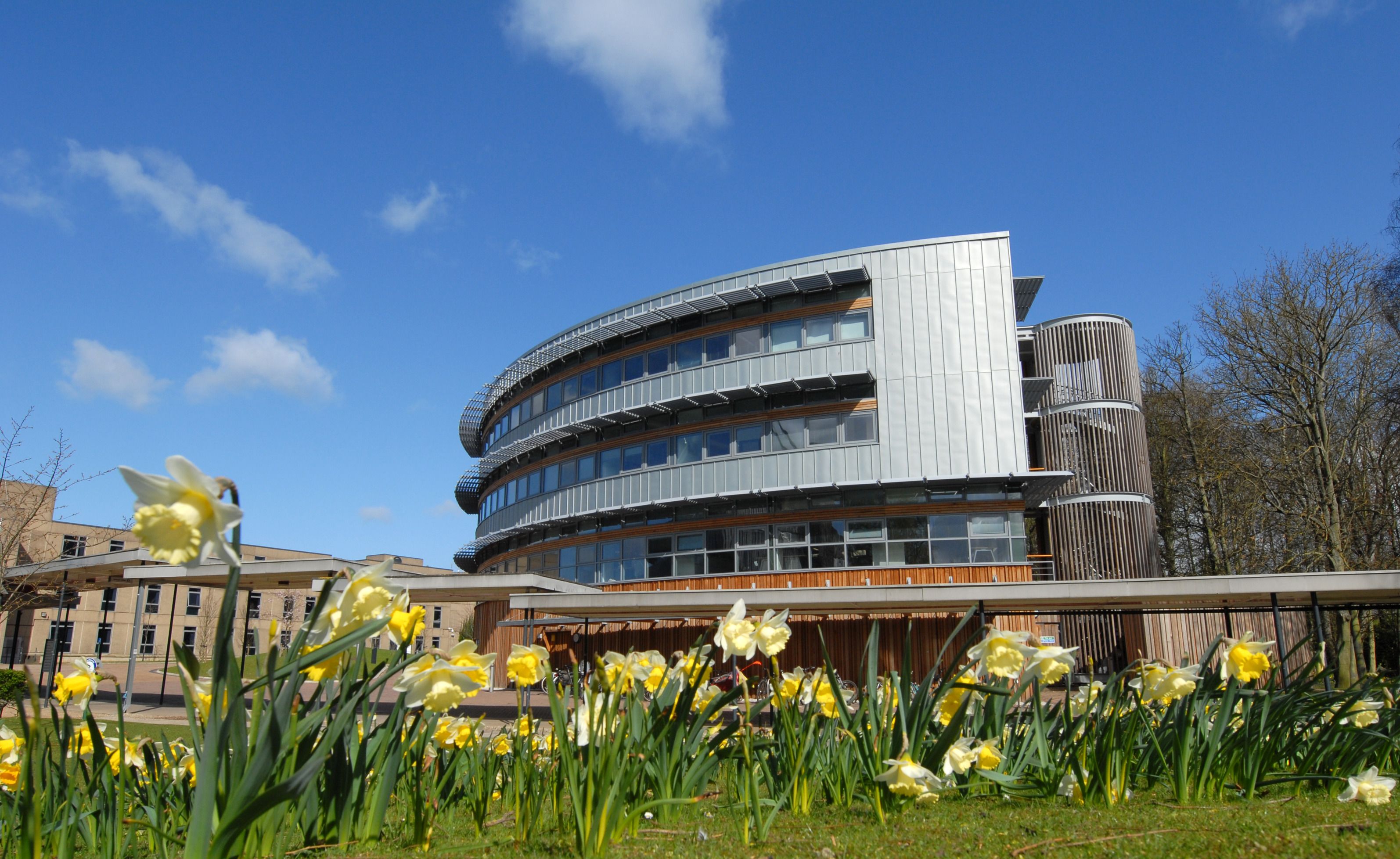
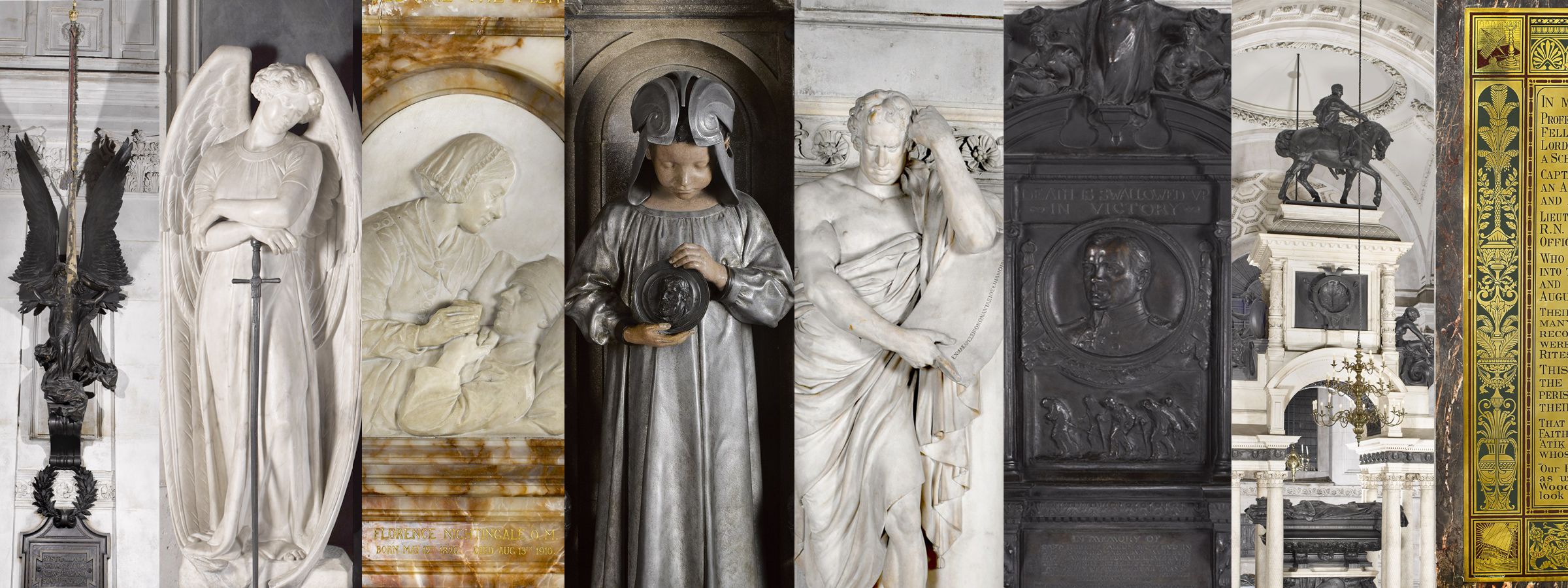
Thank you & future potential
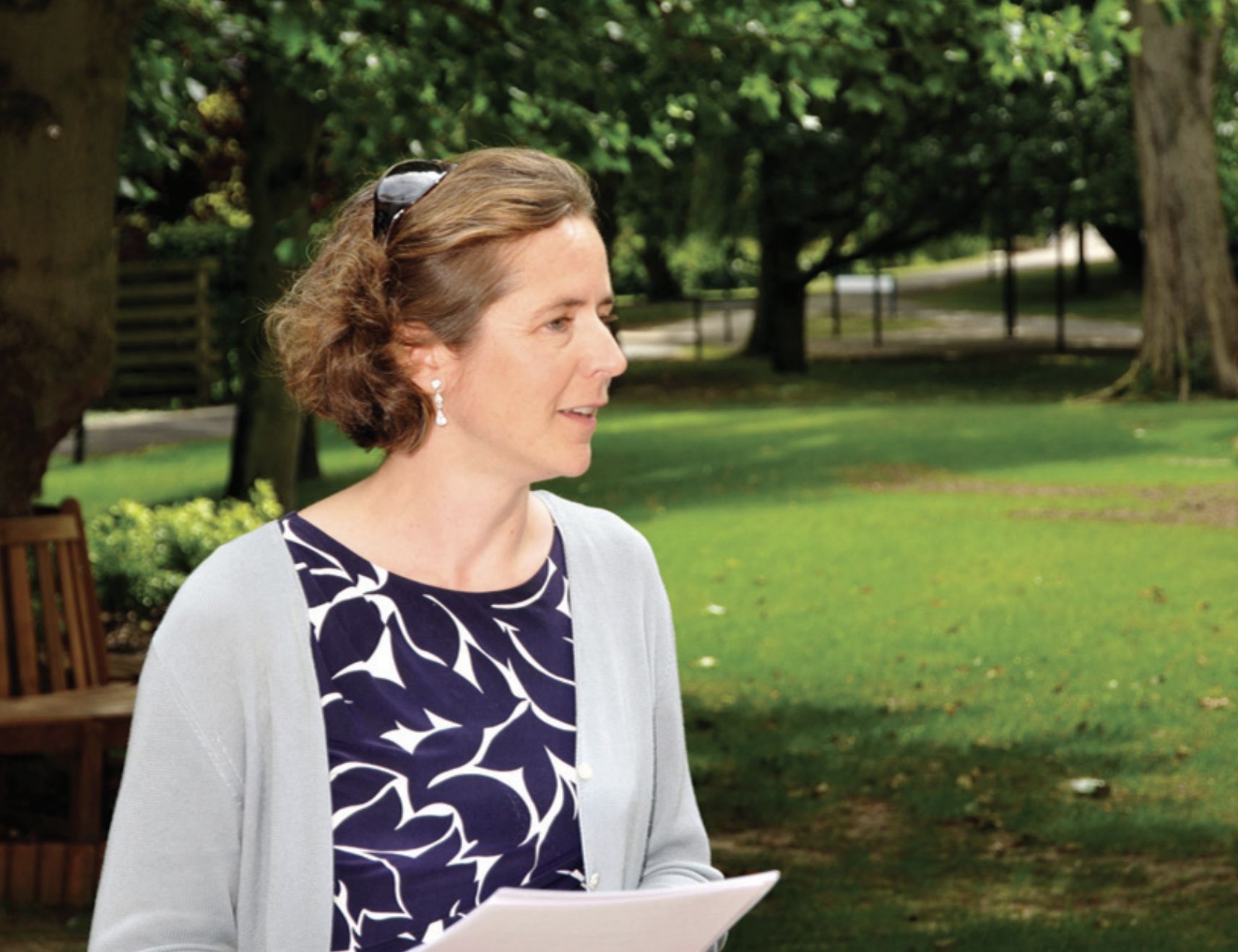
Thank you for reading. I hope you enjoyed this feature edition of the Legacy Newsletter. We feel very proud as a University that we can honour Jane’s legacy, and build on her life’s work in so many new and exciting ways. Read on about the Jane Moody Scholarships here.
This newsletter gives an in-depth look at the wide-reaching impact of one in-memory gift. A similar in-memory gift, or your own legacy holds the same potential. The University of York can support the growth of these types of gifts, to teach communities, to support academic excellence, and so much more. Please get in touch with the Legacy and In-Memory Giving Manager, Mary Taylor Lewis, to discuss your legacy, or an in-memory gift.
Email: mary.taylorlewis@york.ac.uk
Tel: 0190432 1281
Mob: (+44) 07385430928

